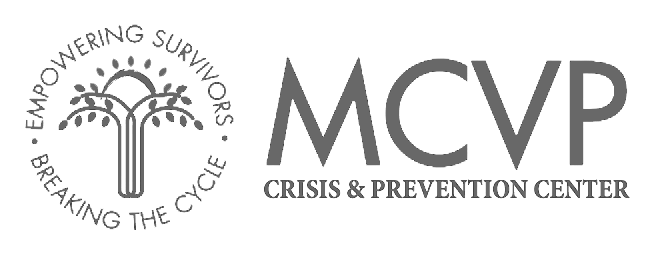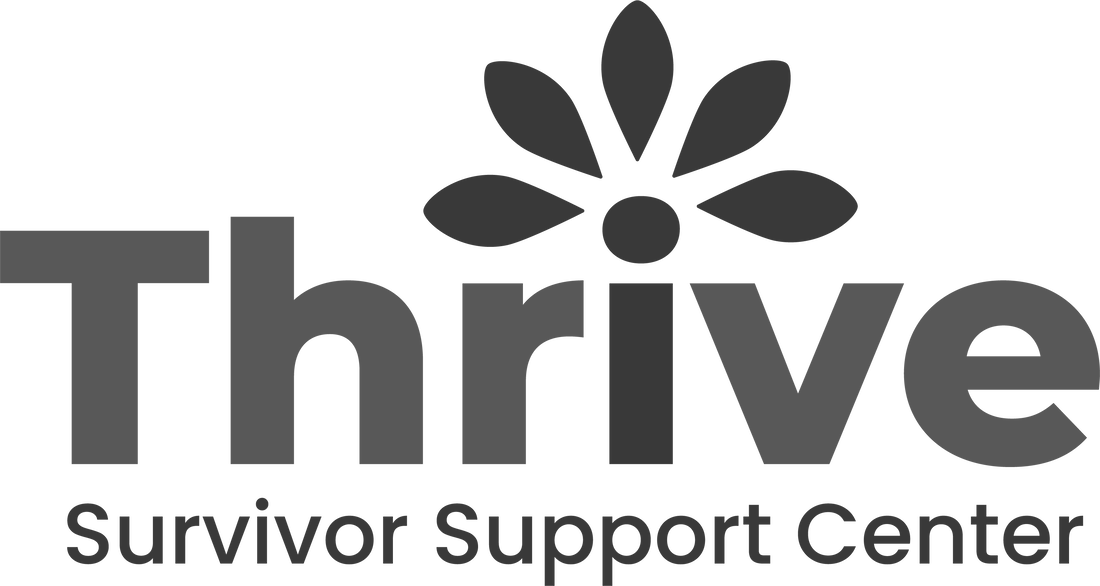GET HELP NOW
|
April 25, 2020 For immediate release Contact: Amanda Grady Sexton, [email protected], (603) 548-9377 The New Hampshire Coalition Against Domestic and Sexual Violence thanks the Federal Delegation for their joint efforts to end the early release of violent offenders due to COVID-19 We would like to express gratitude to our Federal Delegation for their ongoing support for victims of domestic and sexual violence, and for their recent statement opposing the early release of violent offenders from New Hampshire’s correctional facilities*. We support the delegation’s call for courts and corrections officials to issue guidance that convicted violent offenders should not be given early release because they pose a severe threat to their victims and to the general public. Throughout the nation, the call for the early release of offenders has taken hold as a humane way to protect prisoners from contracting COVID-19. Despite a narrative that only non-violent offenders would be released, the Coalition has seen incidents of criminals with violent histories freed who have already reoffended. On April 3, 2020, Terrance Perkins was granted an early release from the Carroll County House of Corrections due to concerns over his health and possible increased risk of contracting COVID-19. In 2016, Mr. Perkins was convicted and sentenced for two felony charges after using a gun to threaten a child and a person known to him in Tamworth. His history of violence also allegedly includes an assault of a female corrections officer while in custody. Perkins has been trying to reobtain the firearms that were taken after his arrest, seeking to get them back prior to his early release hearing. The circumstances of this case serve as enormous red flags for potential future violence and were ultimately disregarded. The coronavirus has already shown to have an impact on violent behavior across the globe. This pandemic does not serve as a factor for diminishing violence but creates unprecedented opportunities for abusers to reoffend. The early release of violent offenders not only serves to burden an already stressed law enforcement system at a time when all resources are needed, but it creates an enormous amount of fear and anxiety for victims. “Victims across the state are frightened that their abuser is going to be released. No victim should ever have to flee their home during this pandemic because the person who abused them has been given greater consideration for their safety than those they have harmed,” said Pamela Keilig, Public Policy Specialist for the New Hampshire Coalition Against Domestic and Sexual Violence. The Coalition hopes that those working in the criminal justice system reconsider the early release of violent offenders. These actions are creating even more public safety concerns in the midst of a pandemic. *READ THE NH DELEGATION'S FULL STATEMENT: FOR IMMEDIATE RELEASE April 25, 2020 CONTACT: 202-224-8028 NH Delegation Urges Courts & State Officials to Issue Guidance Prohibiting Release of Violent Offenders Amid Coronavirus Pandemic **NH DELEGATION: “The last thing that a survivor of domestic or sexual violence should face during this difficult time is further abuse from an abuser who was released early from prison or jail.”** (Washington, DC) – U.S. Senator Jeanne Shaheen (D-NH) – the lead Democrat of the Appropriations Subcommittee that funds Violence Against Women Act programs – and U.S. Senator Maggie Hassan and Representatives Annie Kuster (NH-02) and Chris Pappas (NH-01) issued the following statement regarding the release of offenders convicted of domestic violence and sex offenses amid the coronavirus pandemic, and urged courts and officials in New Hampshire to issue guidance prohibiting their release. Due to the COVID-19 outbreak, New Hampshire correctional facilities have released inmates in an effort to stop the spread of the disease. The delegation’s statement comes as concerns were raised with the release of an inmate in Carroll Country who was a violent offender. “The COVID-19 pandemic has increased the risk of domestic violence and placed enormous strain on survivors attempting to access the services they need to safely escape from abusive environments and to heal. As more individuals are forced to remain in their homes and movement is broadly restricted, the rate of domestic violence will continue to grow and survivors will be placed in increasingly vulnerable positions. Domestic violence hotlines are seeing a surge in calls for help. “The last thing that a survivor of domestic or sexual violence should face during this difficult time is further abuse from an abuser who was released early from prison or jail. Not only does this harm the survivor, it also presents a threat to the communities into which these violent offenders are released. States and the federal government should be doing everything possible to ensure that the inmate population are protected from COVID-19 outbreaks, but protecting our communities and victims of these violent crimes must be the priority. “Courts and corrections officials in New Hampshire and all other states must make it clear that convicted violent criminals and sex offenders, who pose a threat to survivors and the community at large, should not be released. We will continue pushing for resources at the federal level to ensure that inmates are safe, while fighting to protect the survivors of violent crimes. “Survivors in New Hampshire can speak with an advocate by calling the 24/7 domestic violence hotline at 1-866-644-3574 or the 24/7 sexual assault hotline at 1-800-277-5570. You are not alone.” ### Sarah Q. Weinstein Deputy Communications Director Senator Jeanne Shaheen 202-224-5553 CONFIDENTIAL STATEWIDE HOTLINES
24-hour Domestic Violence Hotline: 1-866-644-3574 24-hour Sexual Assault Hotline: 1-800-277-5570 About the Coalition: NHCADSV is a statewide network of 13 independent member programs committed to ending sexual violence, domestic violence, and stalking, through direct services to victims, community education, and public policy advocacy. The NHCADSV and its 13 member programs do not discriminate based on gender, age, health status (including HIV-positive), physical, mental, or emotional ability, sexual orientation, gender identity/expression, socio-economic status, race, national origin, immigration status, or religious or political affiliation. For more information visit www.nhcadsv.org.
0 Comments
Leave a Reply. |
recent newsArchives
June 2024
|
Our Supporting Partners
The 12 member programs of the New Hampshire Coalition Against Domestic and Sexual Violence provide services regardless of gender,age, health status (including HIV-positive), physical, mental or emotional ability, sexual orientation, gender identity/expression, socio-economic status, race, national origin, immigration status or religious or political affiliation.
Funding for this website was provided by The Corporate Fund.
New Hampshire Coalition Against Domestic and Sexual Violence
PO Box 353, Concord, NH 03302-0353
(603) 224-8893
New Hampshire Coalition Against Domestic and Sexual Violence
PO Box 353, Concord, NH 03302-0353
(603) 224-8893
NH web design by Harbour Light Strategic Marketing

 RSS Feed
RSS Feed












